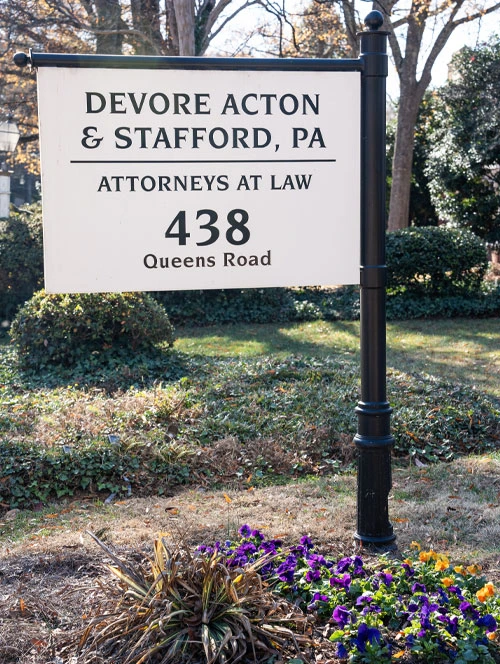Alcohol Affect Persons Ability Drive
The Effects Of Alcohol On Your Ability To Drive
A driver can still compromise his or her ability to operate a vehicle safely with a blood alcohol concentration level below the legal limit of 0.08.
In North Carolina, drivers are not permitted to operate a vehicle with a blood alcohol concentration level at or above 0.08, states the Governors Highway Safety Association. When a driver reaches this BAC level, according to the Centers for Disease Control and Prevention, he or she may have a hard time concentrating and experience short-term memory loss. A driver with this BAC level may also experience impaired perception and have a difficult time controlling his or her speed.
Even Just A Trace Of Alcohol Is Dangerous
Although the legal BAC limit in North Carolina is 0.08, a driver can still compromise his or her ability to operate a vehicle safely with a BAC level well below this limit. In a study, states Reuters, researchers analyzed information from approximately 570,000 car accidents that occurred between 1994 and 2011. During the course of this study, they looked at the BAC level measurements of the drivers who were involved as well as who could be blamed for the accident.
The researchers discovered that the drivers who had a BAC level of just 0.01 at the time of the crash were 46 percent more likely to be blamed for causing it than the sober drivers. As a result, the researchers concluded that there is no safe combination of alcohol and driving.
When drivers reach a BAC level of 0.02, which is still below the legal limit of 0.08, they may find that their visual functions decline and have a hard time performing two activities at once, states the CDC. Drivers who have a BAC level of 0.05 may experience reduced coordination and have a difficult time tracking moving objects. They may also have a hard time steering their vehicle and may become unable to respond properly to emergency driving situations.
Many Are Injured Or Killed Every Day
Accidents involving drunk drivers are a common occurrence on the roads in North Carolina and throughout the rest of the country. The CDC states that on a daily basis in the U.S., nearly 30 people are killed in drunk driving accidents. This means that for every 51 minutes that passes, another person dies in a drunk driving collision.
Drivers who are injured in a drunk driving crash in North Carolina may require significant and extensive medical and rehabilitative care. If you were injured in a collision caused by a drunk driver, reach out to an attorney near you to determine what compensation may be available to you.
Keywords: alcohol affect, person’s ability to drive, BAC level, s, drunk driving accidents, Accidents involving, blood alcohol, alcohol affect, involving drunk drivers, Governors Highway Safety Association

request your consultation
"*" indicates required fields


